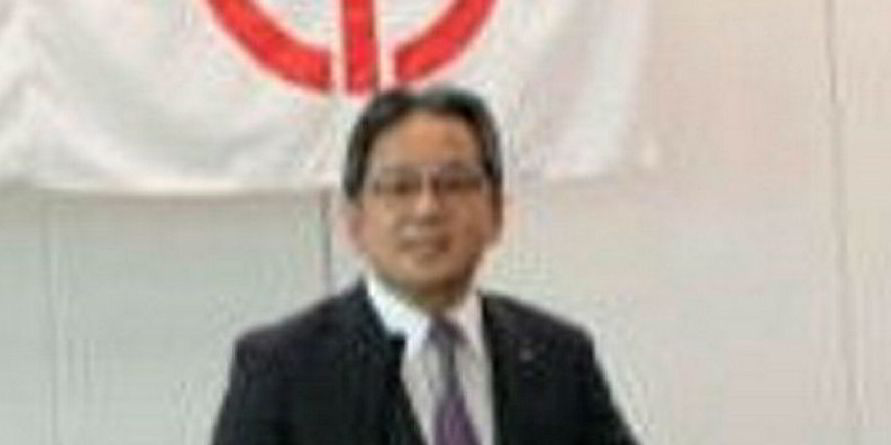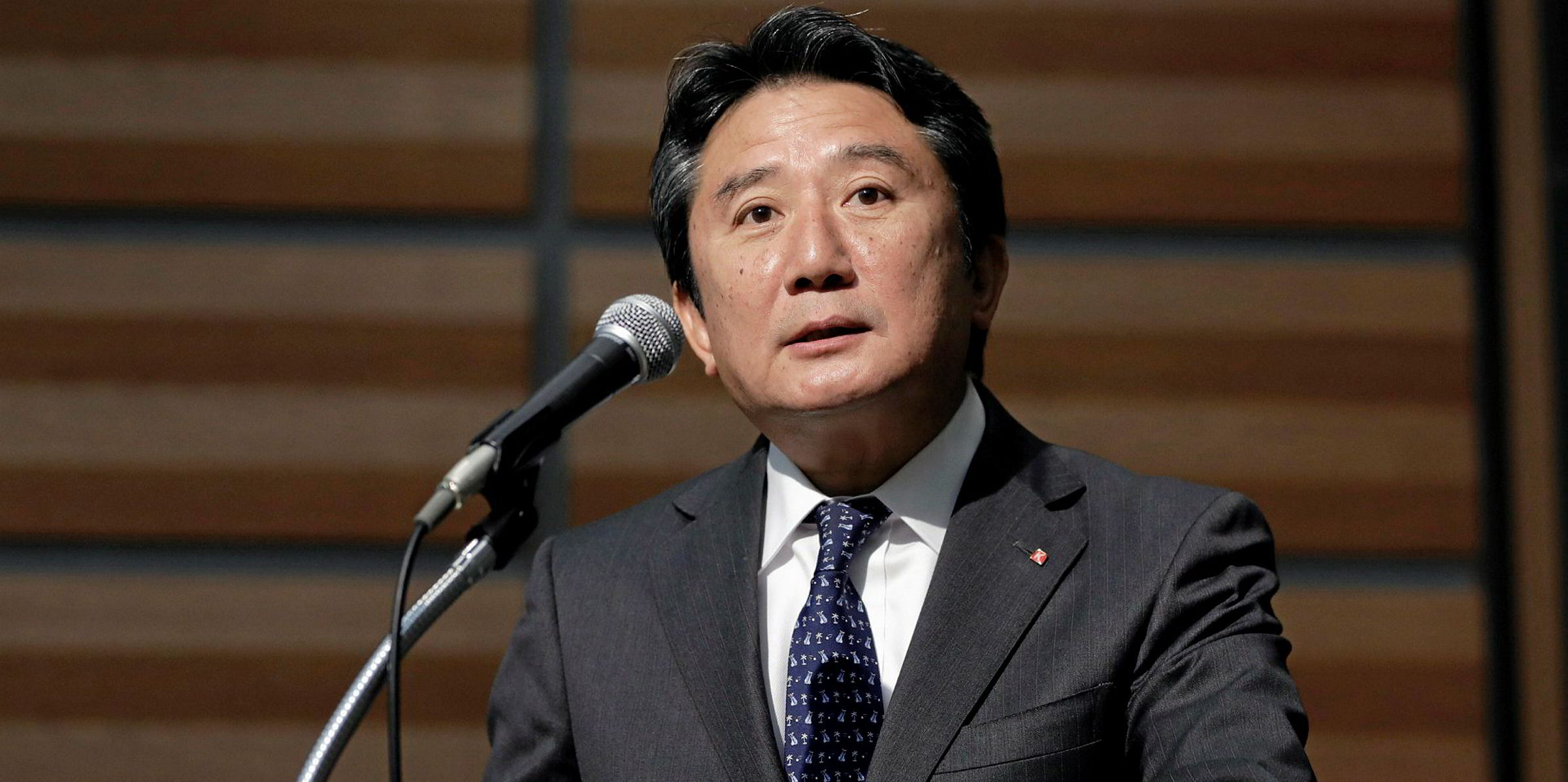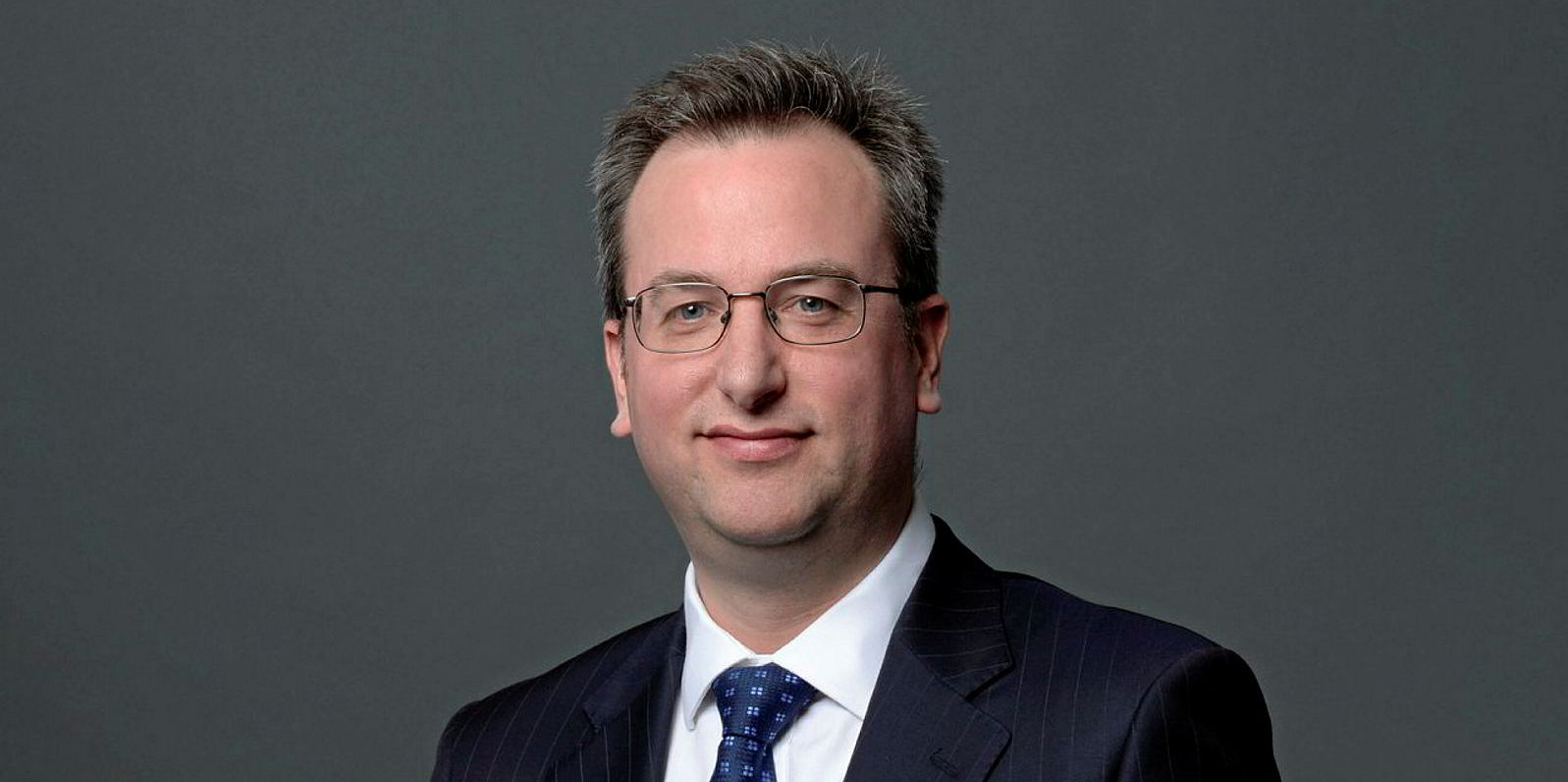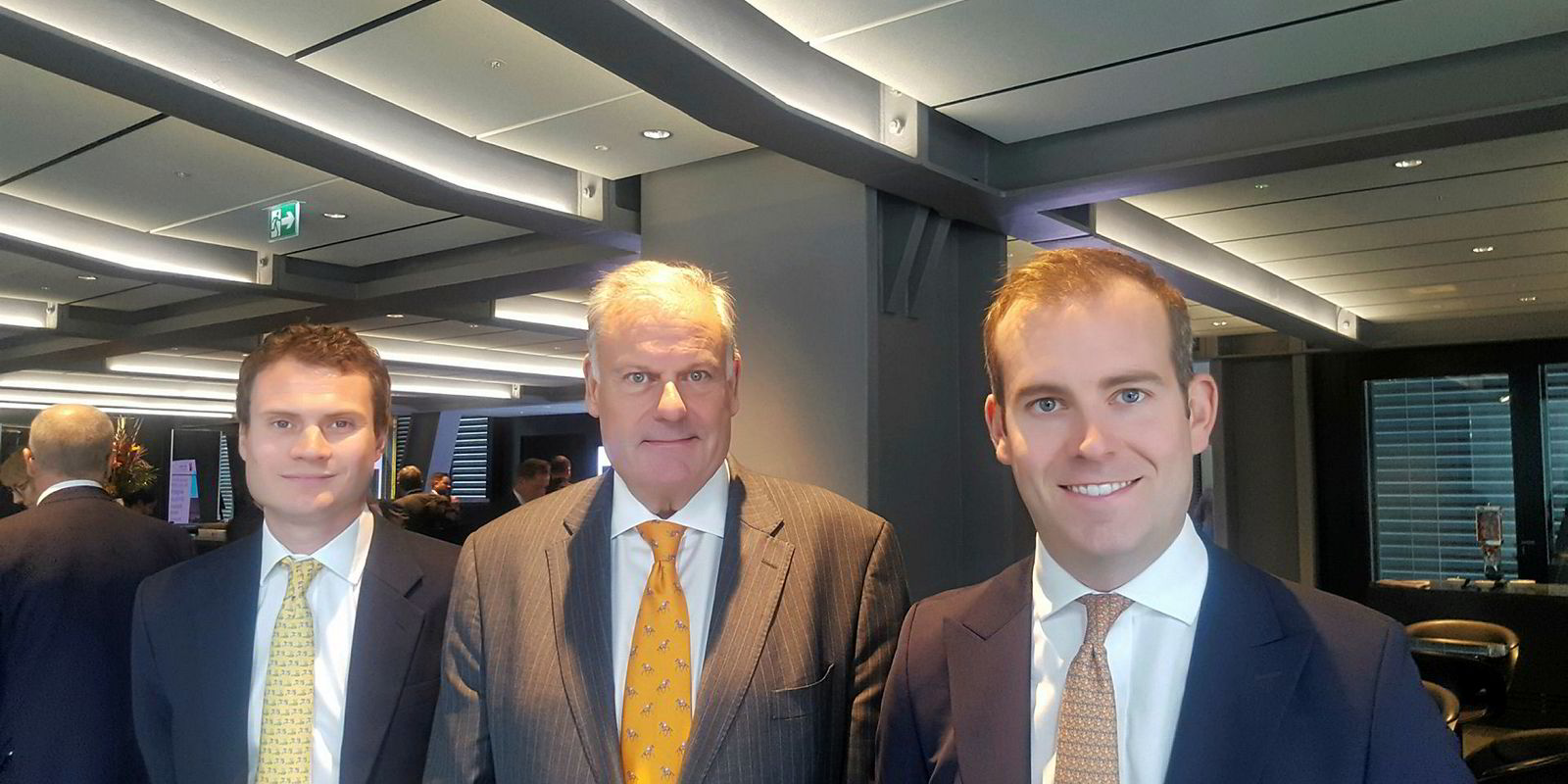Japan P&I Club has announced a small increase in its profits for the latest financial year, as increased investment income and lower claims costs made up for a dip in premiums.
The protection and indemnity mutual earned an ordinary income of ¥19bn ($175m) for the year ending in March, compared with ¥19.7bn a year earlier.
It reported P&I premiums of ¥16.5bn, down from ¥18.2bn.
Falling premiums
The fall in premium income follows Japan P&I’s decision not to impose a general increase in rates.
However, making up for the slip in premiums, investment income increased from ¥1.4bn to ¥2.4bn.
The club’s total ordinary expenses were ¥16.6bn. But its claims costs fell to ¥11.7bn, from ¥13.2bn.
The mutual's pre-tax surplus was ¥2.4bn, up from ¥1.6bn.
Total assets were ¥68.5bn, including ¥38.7bn held mostly in securities such as government and corporate bonds, and foreign securities.
There has also been a change at the top of the club.
K Line president Yukikazu Myochin has been elected as chairman of the board, replacing Eizo Murukami.

Boardroom shake-up
Myochin also took over as K Line chief executive from Murukami in April. Murakami is now chairman of K Line.
Japan P&I is traditionally the last of the 13 members of the International Group of Protection & Indemnity Clubs to report its earnings.
Its fiscal year runs between April and March each year. Other clubs report on either a calendar year or policy year, starting from 22 February.
Whilst general increases seem necessary, not all clubs may subscribe to this belief and a split market may emerge, with the more financially powerful among them sticking to a zero increase policy
Gallagher
Japan P&I, Skuld and Swedish Club are the only insurers among the 13 mutuals to have achieved an underwriting profit in the past year.
Standard Club broke even in underwriting performance.
However, the remaining nine mutuals all paid out more in claims and costs than they received in premium income.
General increases
The generally poor underwriting performance of International Group members — on top of an increase in pool claims that are shared between them — is increasing the likelihood of a general increase in premiums for the next policy year that starts in February 2020.
However, broker Gallagher said that it does not expect all of the clubs to opt for a general increase in the coming year, with the more financially robust outfits able to put it off.
Some clubs may also be able to leverage their substantial free reserves to return cash to members to negate any increase in premiums.
Getting creative
“Whilst general increases seem necessary, not all clubs may subscribe to this belief and a split market may emerge, with the more financially powerful among them sticking to a zero increase policy," Gallagher said.
"Alternatively, we may see the clubs getting creative in order to differentiate themselves one from the other — for example, a club may elect to require a general increase for 2020 but at the same time return further capital as an offset.
"The free reserve impact may be the same as a zero general increase, but the strategy would see a start of the process of repairing rating integrity."





